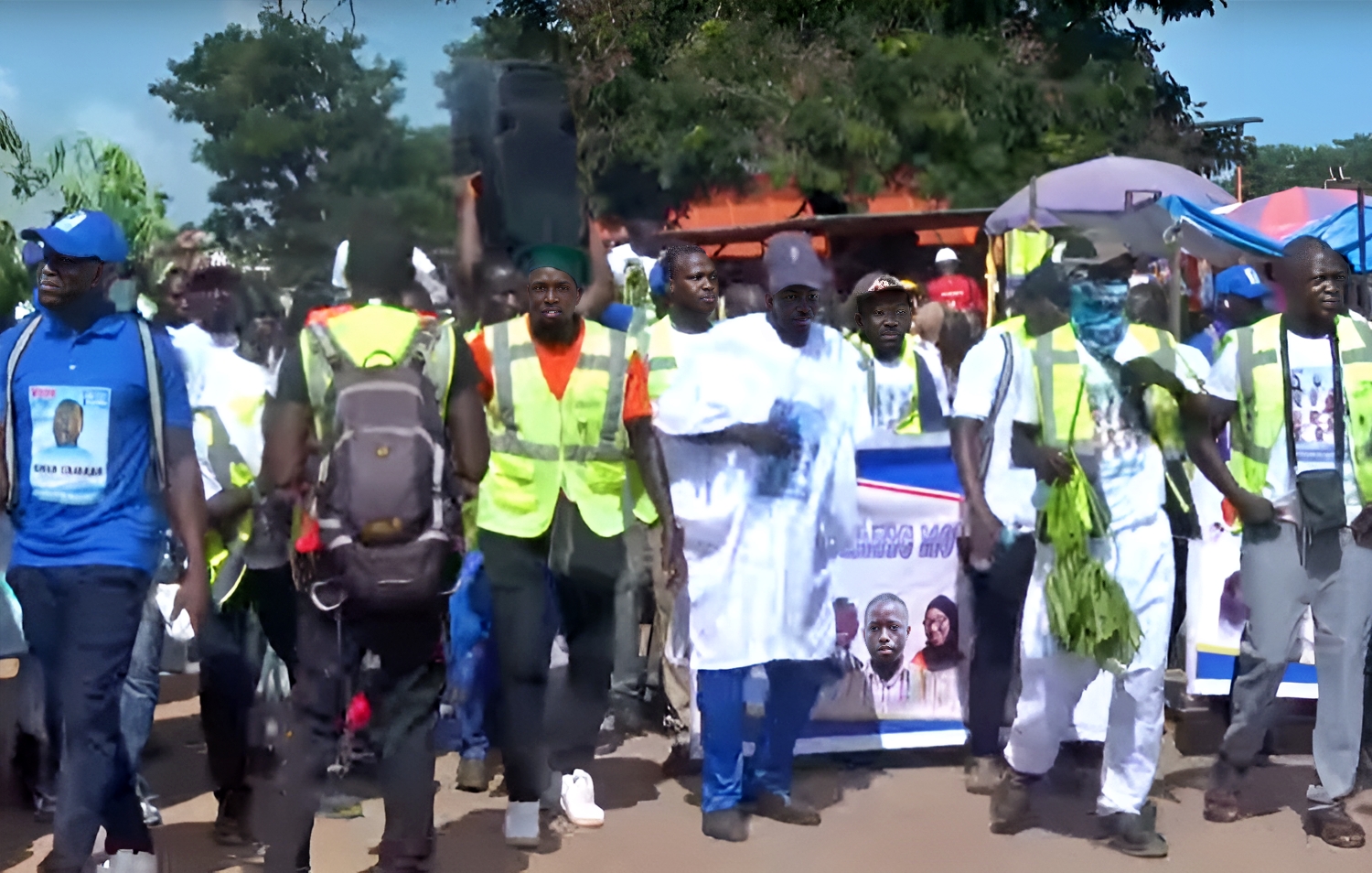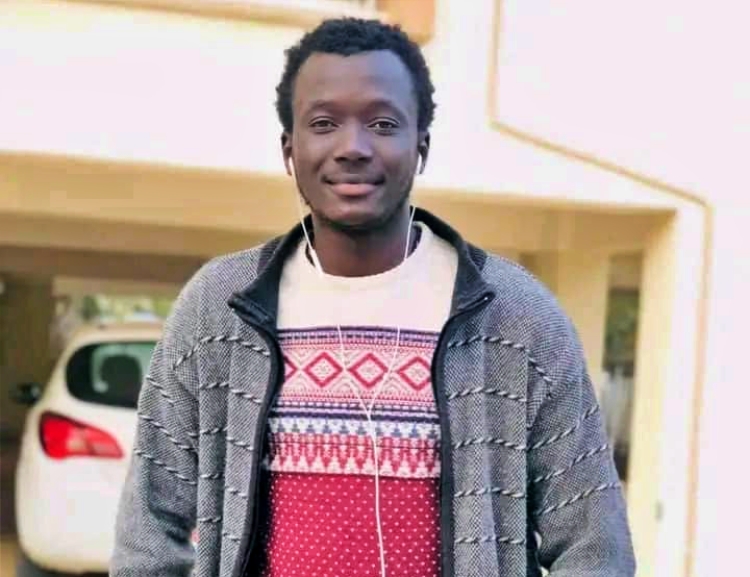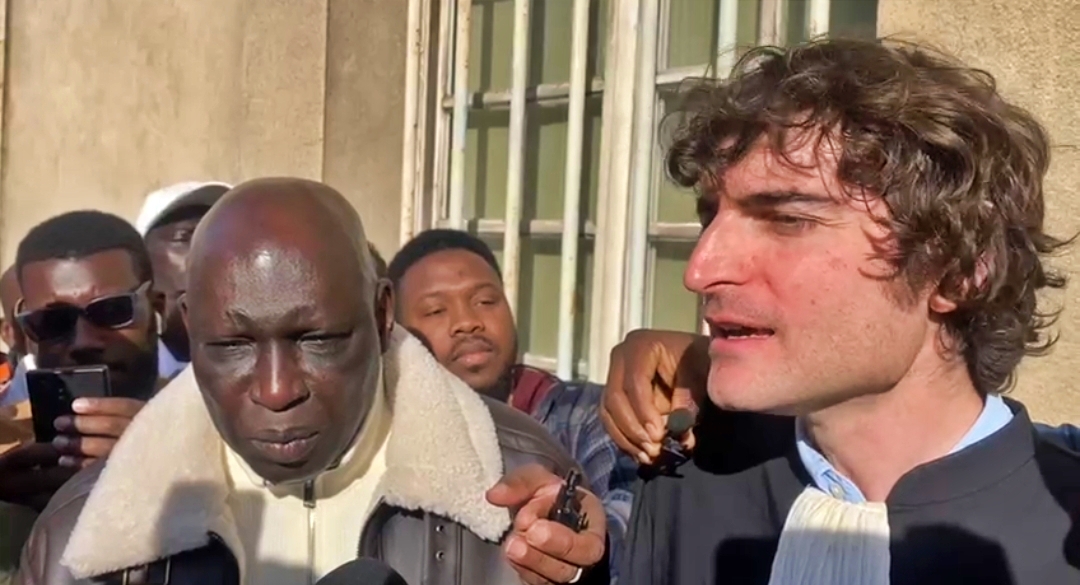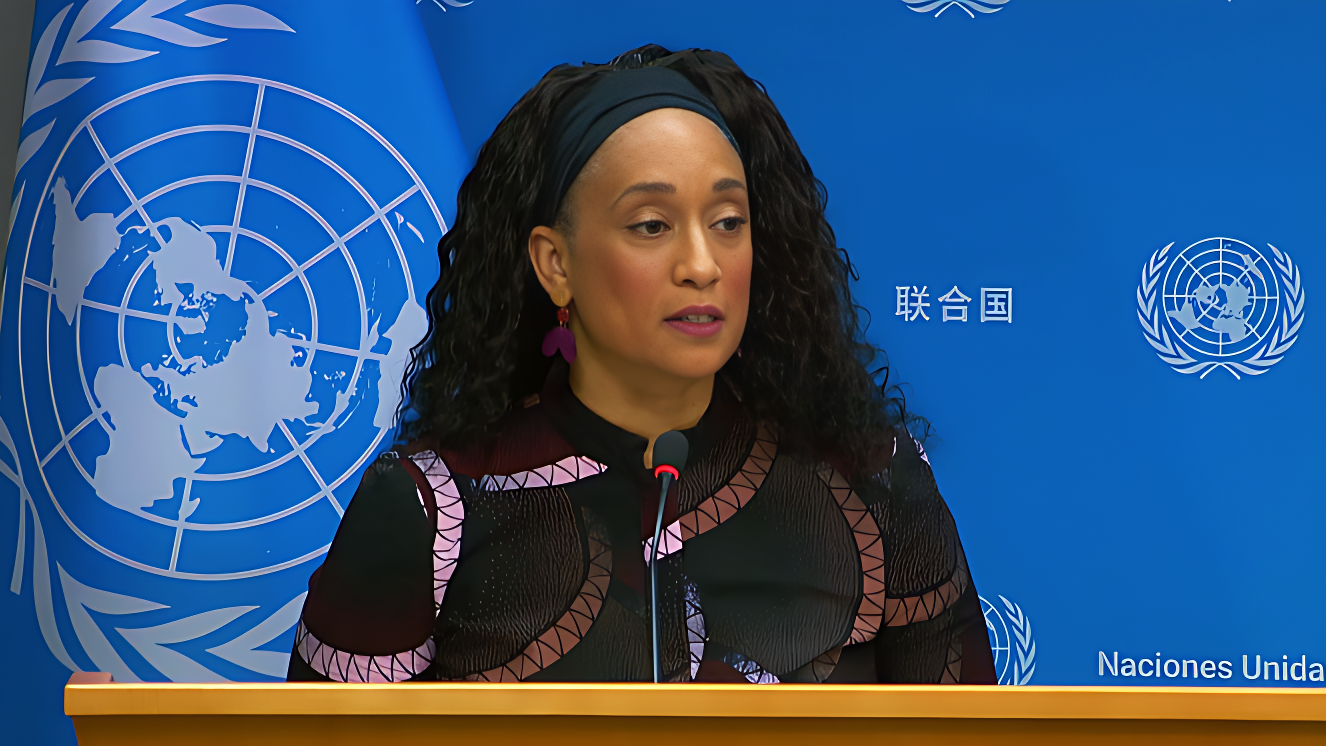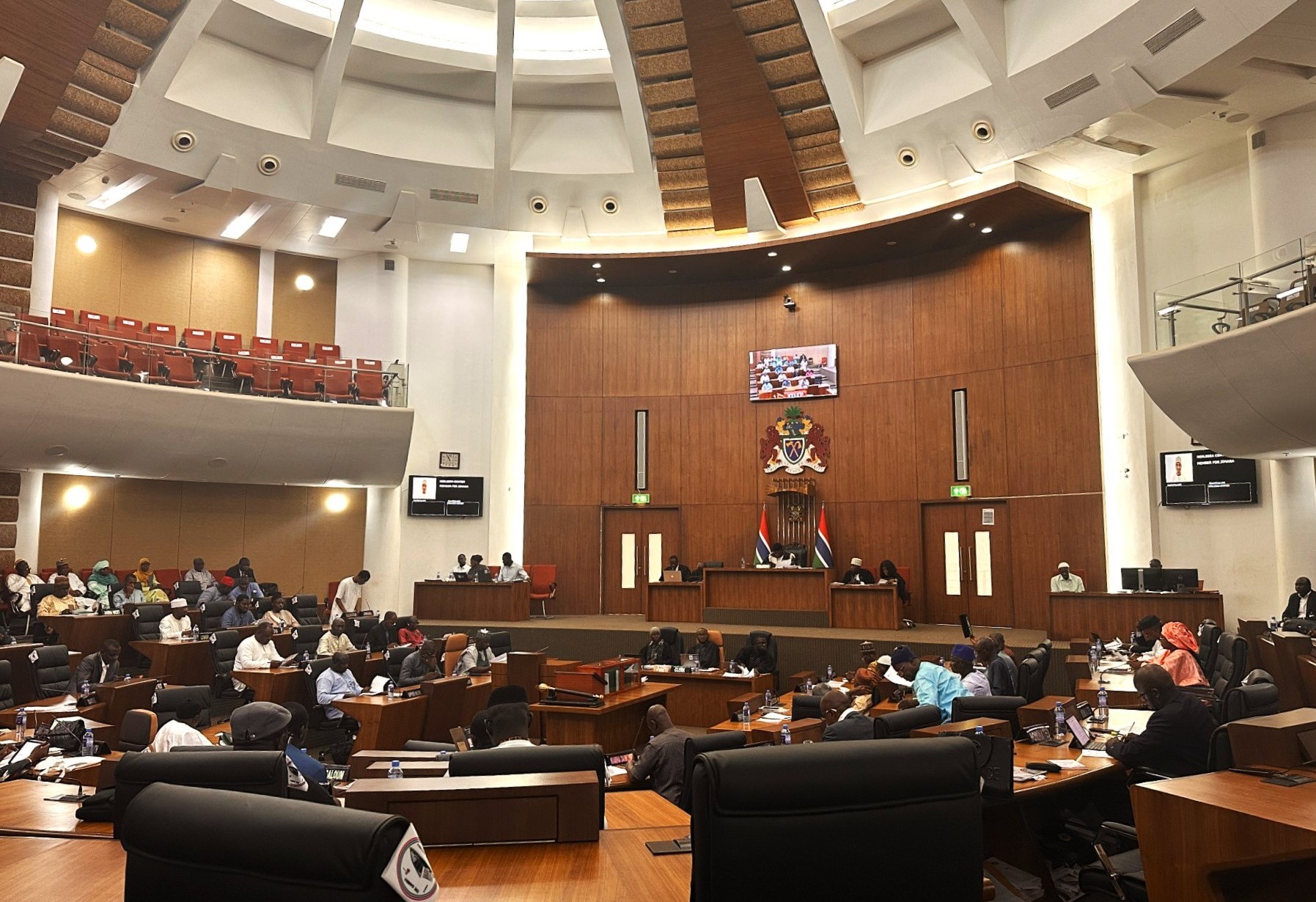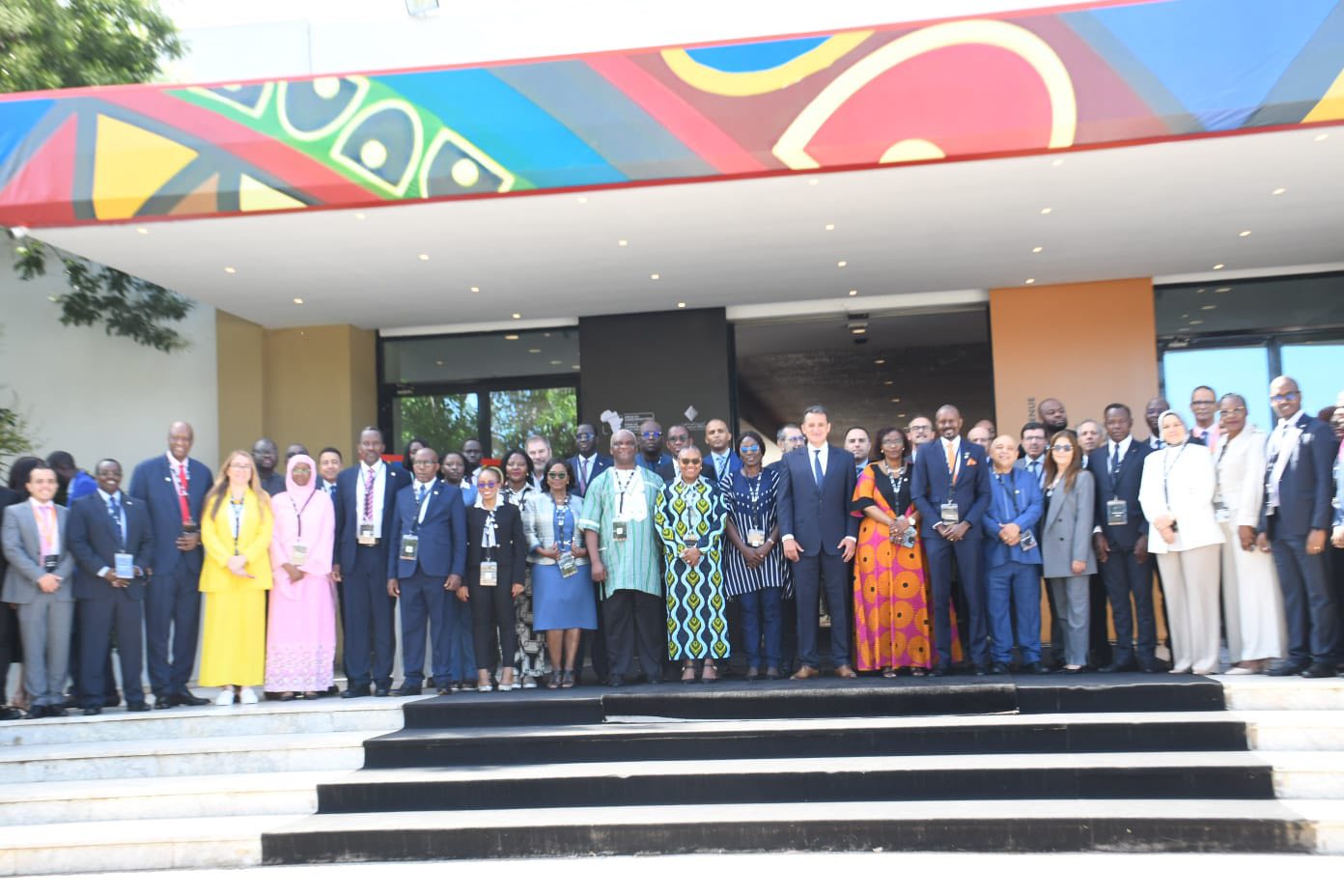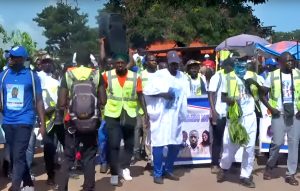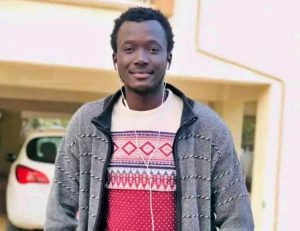Gambiaj.com – (BANJUL, The Gambia) – As the 2025 G20 Summit in Johannesburg draws near, African countries are intensifying efforts to mobilize domestic resources to close the continent’s widening development financing gap.
The Fourth International Conference on Financing for Development in 2025 underscored a global shortfall in achieving the UN Sustainable Development Goals (SDGs), with Africa bearing a significant share.
With just five years left to meet the 2030 deadline, progress remains sluggish: a 2024 UN report revealed that only 17 percent of SDG targets are on track. Millions of Africans still face hunger, weak infrastructure, and entrenched poverty, while shrinking official development assistance, rising debt servicing costs, and limited revenue bases deepen the crisis.
Against this backdrop, the African Tax Administration Forum (ATAF) has stepped up engagement with the G20 Development Working Group. South Africa, holding the G20 Presidency from December 2024 to November 2025, has prioritized financing for development, curbing illicit financial flows, strengthening social protection, and promoting global public goods.
Taxes remain Africa’s main revenue stream, yet the continent’s average tax-to-GDP ratio lags behind the benchmark required for sustainable growth.
Experts argue that even modest improvements in tax collection could free up critical resources for development, reducing dependence on volatile external funding.
“Reclaiming fiscal space through domestic resource mobilization is critical to decreasing dependence on volatile external financing,” ATAF officials stressed, pointing to the organization’s Revenue Action for Development in Africa program, which supports countries in financing their own development.
Illicit financial flows continue to sap resources, with tax avoidance practices such as transfer mispricing and trade misinvoicing costing billions in lost revenue.
ATAF is pushing for reforms in tax and customs systems, broader tax bases, stronger transparency rules, beneficial ownership registries, and the automatic exchange of information. Anti-corruption measures and technological innovations are also central to this agenda.
At a recent G20 working group meeting in Skukuza, South Africa, ministers endorsed a landmark Call to Action on combating illicit financial flows. Josephilda Nhlapo-Hlope, chair of the working group, hailed the outcome: “What we witnessed in Skukuza was more than just a meeting; it was a collective recommitment to global solidarity. We are seeing a stronger voice from the Global South shaping the future of multilateral development cooperation.”
ATAF will also help design the roadmap for implementing the G20’s voluntary high-level principles on illicit financial flows, ensuring Africa’s concerns remain central to global reforms.
The domestic resource agenda is also linked to inclusive growth. Gender equality has emerged as a priority, with women—who make up more than half of Africa’s population—still facing pay gaps, underrepresentation in leadership, and barriers to economic opportunity.
Through its Women in Tax Network, ATAF is advancing gender-responsive strategies in recruitment, leadership, and data collection, complementing the G20’s efforts to promote women’s financial inclusion and workplace equality.
Increased domestic revenue, when directed toward gender-transformative social policies such as free education, healthcare, and social protection, could ease the burden of unpaid care work on women while fostering broader economic growth.
The 2025 G20 Skukuza Development Ministerial Declaration reaffirmed commitments to fight illicit financial flows and strengthen development financing.
For Africa, the message is clear: by mobilizing domestic resources and tackling systemic barriers, the continent can turn financing challenges into opportunities for sustainable and inclusive growth.
ATAF’s next steps will be crucial in translating these commitments into action, ensuring Africa moves toward self-financed development anchored in equity and resilience.



